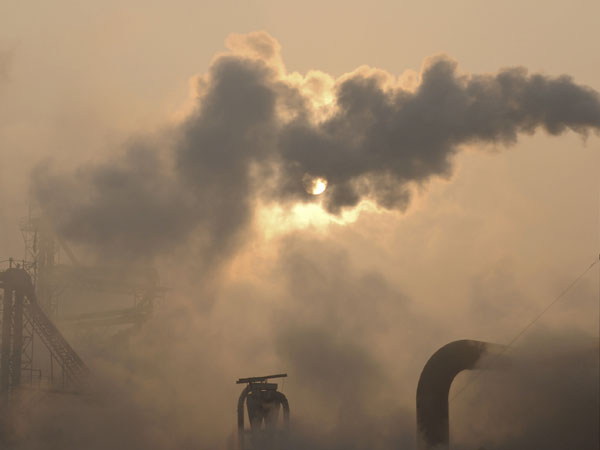
AP FILE PHOTO
The latest annual Global Climate Risk Index 2018 report makes dismal reading for Asian economies.
Launched by German climate change think-tank Germanwatch on the sidelines of COP23 in Bonn, Germany on Thursday, the 13th edition of the Index further confirms the fact that less developed nations are more vulnerable to climate change.
Asian countries once again feature among the most-at-risk nations on the Index, which analyses data from weather-related disasters such as storms, floods and heat waves.
The Germanwatch report states that more than 524,000 people died as a direct result of over 11,000 extreme weather events and losses between 1997 and 2016, amounting to around US$3.16 trillion (on Purchasing Power Parity).
According to the Climate Risk Index: Haiti, Zimbabwe and Fiji rose to the top of the list on 2016 data.
None was on last year’s ranking – thus showing how unpredictable climate change is. On the Long-Term Climate Risk Index (CRI): the 10 countries most affected from 1997 to 2016 (annual average) of the report, Honduras, Haiti and Myanmar top the list.
The top three countries in the long-run (1997-2016) were hit by Hurricane Mitch (Honduras) in 1998, Hurricane Sandy (Haiti) in 2012 and Cyclone Nargis (Myanmar) in 2008.
Most of the Asian countries hold the same position as of last year’s long-term index (1996 to 2015), with the Philippines, Bangladesh, Pakistan and Vietnam in 5th, 6th, 7th and 8th positions respectively.
Furthermore, of the 10 most affected countries (1997–2016), nine were developing ones in the low income or lower-middle income country group.
Pakistan ranked 40t in the list, suffering 566 casualties, losing US $47.313 million – equivalent to 0.0048 per cent of the GDP.
“The Climate Risk Index may serve as a red flag for already existing vulnerability that may further increase in regions, where extreme events will become more frequent or more severe due to climate change,” reveals the report.COP23, scheduled to end on November 17, is a good opportunity for Asian nations to showcase their high climate vulnerability and success stories of adaptation to the world, along with building pressure on the developed countries to limit global warming to 1.5 degrees Celsius pledged in the Paris Agreement.